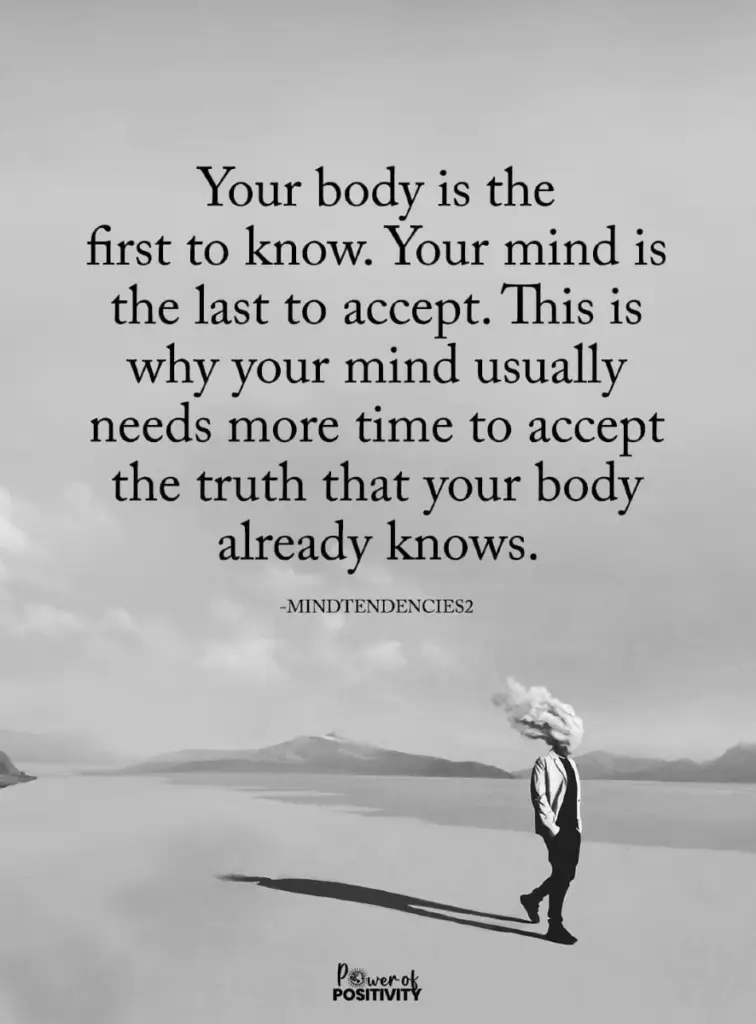Depression isn’t always easy to spot, especially in women. It often shows up in ways that seem like everyday struggles, making it easy to overlook. Balancing work, family, and personal life can create pressures that increase the risk of subtle signs of depression. These signs might look like feeling constantly tired, losing interest in things that once brought joy, or feeling down without a clear reason. Noticing these changes is important, even if they seem small. Understanding what’s happening can make a big difference in finding ways to feel better. This discussion focuses on the signs of depression in women that often go unnoticed but are important to address. Each small sign matters for mental well-being, and small steps can help on the path to healing.
9 Subtle Signs of Depression in Women
1. Low Energy Levels
Feeling tired all the time is one of the clear signs of depression in women. Even after getting a full night’s rest, women may still feel exhausted throughout the day. It’s more than just physical tiredness; it can make everything feel like a huge effort, from getting out of bed to doing simple tasks like cooking or cleaning. When you’re always this tired, focusing on work, conversations, or even fun activities becomes challenging. If this kind of fatigue sticks around for a while, it might be pointing to a deeper mental health issue, not just a lack of sleep.
2. Inconsistent Sleep Patterns
Depression can mess with sleep, either making it hard to fall asleep at night or causing excessive sleeping during the day. Some women lie awake for hours, unable to quiet their thoughts, while others might sleep longer but still wake up feeling exhausted. It’s not just the lack of sleep that’s concerning; it’s the unpredictable, erratic nature of these sleep patterns. When sleep is out of balance, it affects mood, energy, and overall mental clarity. It can create a cycle where lack of sleep makes depression worse, and depression, in turn, worsens sleep problems.
3. Loss of Interest in Activities
Women struggling with depression often lose interest in things they once enjoyed, whether it’s hobbies, social gatherings, or even spending time with loved ones. Activities that used to be fun—like painting, exercising, or going out with friends—may now feel like chores. This sudden loss of enthusiasm can leave a woman feeling empty and disconnected, as if nothing matters anymore. It’s not just boredom; it’s a deeper sense of disengagement that can further contribute to feelings of loneliness and hopelessness.
4. Feelings of Hopelessness and Despair
One of the most challenging signs of depression in women is feeling stuck in hopelessness. It’s not just sadness; it’s the belief that things won’t get better, no matter what. Women may dwell on past mistakes, feel overwhelmed by current issues, or think the future holds no promise. These thoughts often linger, making it hard to see any silver lining. While everyone has bad days, this sense of despair can become persistent, making it tough to take positive steps or even care about what happens next. Left unchecked, it can slow down emotional healing and affect how women deal with everyday problems.
5. Irritability and Mood Swings
Depression doesn’t always look like sadness. For many women, it shows up as irritability or sudden mood swings. Feeling angry or snapping at small things can be signs of deeper struggles. This can be confusing for both the woman experiencing it and the people around her. Relationships may suffer as patience wears thin and misunderstandings pile up. It’s important to remember that this irritability isn’t about being moody; it’s a sign that something bigger is going on mentally and emotionally.
6. Changes in Eating Habits
Depression can make women eat differently, either too much or not enough. Some women may turn to comfort foods for relief, while others lose their appetite altogether. Eating may feel like an escape or, on the other hand, seem pointless. These changes can lead to weight gain or loss, which can further affect self-esteem and overall health. It’s not just about the physical changes; these eating habits can be a clear indicator of emotional distress that needs attention.
7. Persistent Feelings of Emptiness
Women with depression often describe feeling emotionally numb, like a part of themselves is missing. It’s not the same as sadness; it’s more like a void inside. This emptiness can make everything feel dull and unfulfilling, whether it’s relationships, work, or personal goals. Some women may say they feel detached from themselves or the world around them, as if they’re just going through the motions. This sense of emptiness makes it hard to seek support or open up to others, leading to further isolation.
8. Difficulty Concentrating or Making Decisions
Depression can cloud thinking, making it hard for women to focus or make decisions. Tasks that were once easy, like reading or following a conversation, can feel overwhelming. Even simple choices—like what to eat for dinner—might become challenging. This mental fog affects work, personal life, and even self-confidence, creating frustration and anxiety. It’s not just forgetfulness; it’s a sign that depression is impacting cognitive abilities and daily functioning.
9. Suicidal Thoughts or Feelings of Self-Harm
In severe cases, depression can lead to thoughts of self-harm or suicide. It’s important to note that not everyone with these thoughts intends to act on them, but they’re still a major red flag. Women may feel that life is not worth living, seeing no escape from their pain. Even if they don’t have a plan or serious intent, the presence of these thoughts shows how deep the struggle goes. This is not something to take lightly—it needs immediate attention and professional help. Having these thoughts is a sign that depression has reached a critical point, and intervention is crucial for safety and recovery.
Final Thoughts on Recognizing Depression in Women
Recognizing the signs of depression in women is the first step toward offering real help. It’s not always easy to spot these signs since they can often seem like normal ups and downs. But knowing what to look for can make a big difference. It’s crucial to be kind, patient, and understanding with women who might be struggling. Encouraging professional help is key—whether that means talking to a therapist, joining a support group, or even just opening up to a trusted friend. Self-care also plays a huge role, from getting good sleep to regular exercise and maintaining a routine. The good news is that, with early recognition and the right support, women can start to feel better. Depression doesn’t have to last forever; it’s possible to overcome it and find a healthier, happier way forward.















